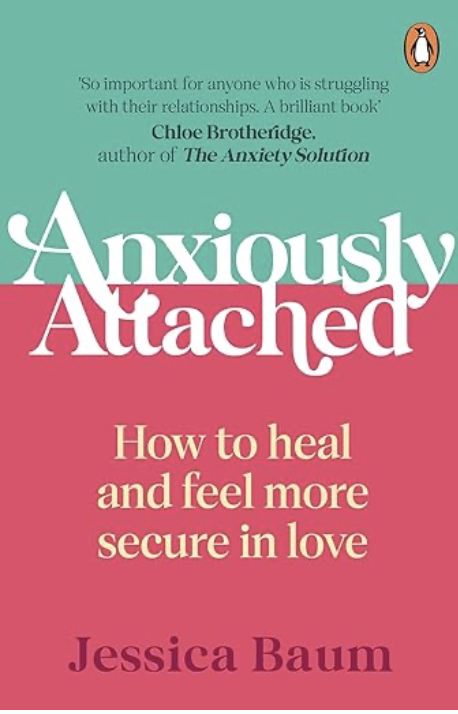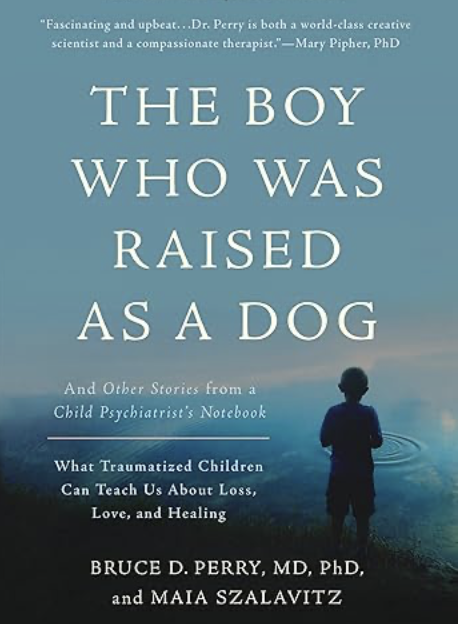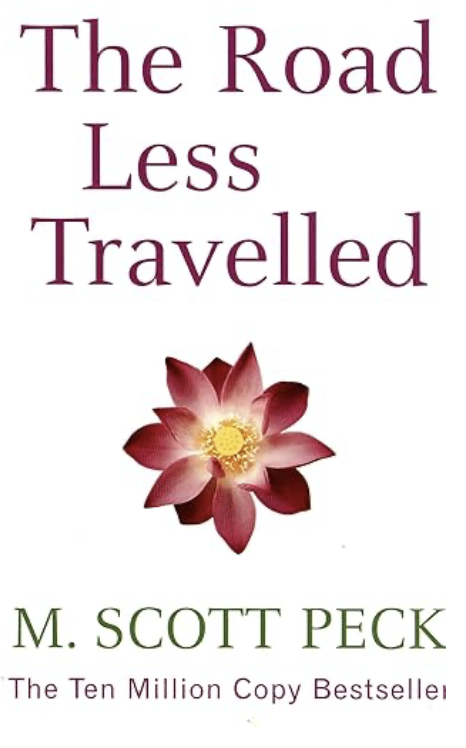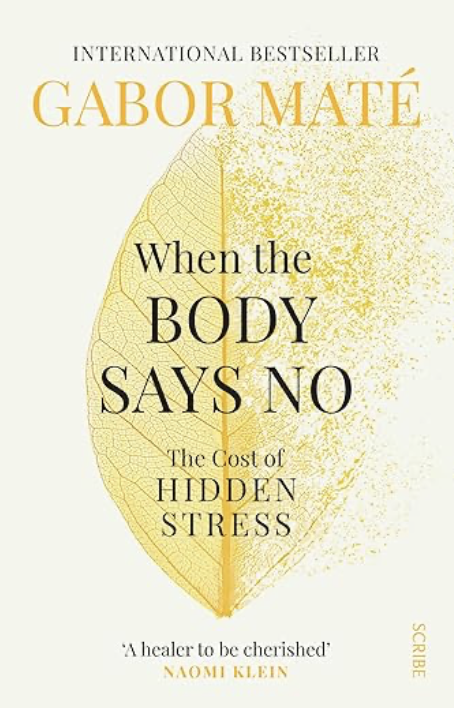Welcome to the Resource Library
This page is a collection of the most powerful and transformative books, tools, and guides that have helped shape a deeper understanding of human behaviour — especially in the context of relationships, parenting, separation, and healing.
Here, you'll find resources that explore the roots of attachment theory and how early relationship dynamics influence our adult interactions. These books and guides dive into how our nervous system shapes our reactions, how trauma embeds patterns of protection, and how our attempts to feel safe often show up in ways that sabotage connection.
Many of the resources also unpack the science behind nervous system regulation, emotional intelligence, and the psychological impact of stress — especially how our behaviours can directly affect our children’s emotional development and sense of security.
Whether you're a parent navigating high-conflict separation, someone looking to heal long-standing emotional patterns, or simply curious about why you respond the way you do — these tools will offer clarity, self-awareness, and the beginning of real change.
Below, you’ll find descriptions of each resource and links to where you can explore or purchase them yourself. Each was chosen for its practical insight, grounded science, and ability to help you make sense of your experience — and begin to move forward with greater understanding and strength.
 Book Review: Anxiously Attached by Jessica Baum
Book Review: Anxiously Attached by Jessica Baum
Jessica Baum’s Anxiously Attached fundamentally changed the way I saw myself in relationships. It wasn’t just another book on attachment — it was a mirror. Through her compassionate and deeply insightful exploration of anxious attachment, Baum helped me see that my reactions in love, connection, and conflict weren’t flaws — they were survival responses. Protective patterns shaped long before I ever knew what intimacy really meant.
What stood out most was the way the book highlighted how these patterns don’t live on the surface all the time — they’re often triggered by genuine interest or the desire for closeness. Without that spark of relational hope, many of these protective responses stay dormant. But when something — or someone — awakens that longing, so too do the old stories we unconsciously carry from childhood.
Baum offers more than theory. Her writing invites you to stop, reflect, and feel. Nearly every page led me to a moment in my past I hadn’t looked at through this lens — a moment where my nervous system wasn’t overreacting, but rather playing out an old protection protocol designed to keep me safe.
What makes this book so powerful is its universal truth:
You are not broken or defective.
You are adaptive.
And what helped you survive may no longer be helping you connect.
Baum’s work is deeply validating. She gently reminds us that every person carries their own emotional blueprint — their own blend of needs, fears, and triggers. Anxiously Attached doesn’t offer shame-based solutions or tell you to simply “calm down” or “detach.” Instead, it offers understanding — and in that understanding, a path to healing.
Whether you're currently in a relationship or reflecting on past ones, this book is a must-read for anyone who has ever felt “too much,” “too sensitive,” or endlessly anxious about being left behind.
 Book Review: The Boy Who Was Raised as a Dog by Dr. Bruce D. Perry
Book Review: The Boy Who Was Raised as a Dog by Dr. Bruce D. Perry
The Boy Who Was Raised as a Dog is not a book you simply read — it’s a book you feel. Page after page, chapter after chapter, I found myself in tears. This book is an emotional rollercoaster that doesn’t just inform — it transforms the way you see human behaviour, trauma, and the resilience of the developing brain.
Although I’ve never personally experienced the kind of trauma Dr. Perry recounts in these case studies, his storytelling opened my eyes to the chaos that many children live through — and how they adapt in ways that make sense for survival. What we often see on the surface — anger, defiance, emotional withdrawal — is rarely the full story. These behaviours are protective adaptations, formed in the context of environments that many of us cannot begin to imagine.
What struck me most is how trauma shapes not just emotions, but the very architecture of a child’s brain and nervous system. These children don’t just “act out” — they live in a constant state of dysregulation, often misunderstood by caregivers, teachers, and even professionals. And tragically, when these children grow into adults, they often carry these subconscious survival patterns with them, still reacting to a world that once felt unsafe.
This book doesn’t only deepen empathy for children — it deepens empathy for all people. For the adult who struggles to stay calm. For the parent who overreacts and doesn’t understand why. For the partner who withdraws emotionally. It reminds us to pause, reflect, and respond with grace instead of judgment.
Dr. Perry’s work is a powerful reminder that how we parent, how we connect, and how we create safety for others matters far more than most realise. This book is not for the faint-hearted, but it is for those willing to expand their empathy, question their assumptions, and truly understand trauma not as “what’s wrong with you,” but what happened to you.
If you’re a parent, teacher, coach, or someone who simply wants to understand human behaviour through a more compassionate lens, this book is essential reading.
 Book Review: The Road Less Travelled by M. Scott Peck
Book Review: The Road Less Travelled by M. Scott Peck
“Life is difficult.” These are the first words of M. Scott Peck’s timeless classic, The Road Less Travelled — and they set the tone for a deeply honest exploration of psychological, emotional, and spiritual growth.
First published in 1978, this book remains one of the most enduring self-development works of our time. It weaves together psychotherapy, philosophy, and spirituality, encouraging readers to face life’s inevitable challenges not with avoidance, but with discipline, truth, and grace.
Peck begins with the concept of discipline — and this was my greatest personal takeaway. He describes discipline not as punishment, but as the willingness to delay gratification, accept responsibility, remain honest, and balance life’s complexities. What society often labels as “rebellious” behaviour — especially in teens — is, in Peck’s view, often a cry for structure, stability, and certainty. That insight shifted how I see not only others, but my own younger self.
One of the most powerful concepts in the book is his treatment of love. Peck challenges the romanticised idea of love as a feeling. Instead, he frames love as an act of will — a choice, a behaviour, a commitment to the growth of another person. He writes that love is not what we feel, but what we do. This hit deeply: that all the affection, longing, or emotional connection we may hold within means little if it is not expressed through actions that foster safety, care, and trust in the other person.
“Love is as love does,” he implies — and this brought a confronting truth:
One may not “feel” love for someone, yet still carry out acts of love.
Or conversely, someone may feel deeply for us, but their inability to act on those feelings leaves us cold, disconnected, and unheld.
Peck also ventures into the spiritual, exploring grace, the unconscious, and the mysterious ways we grow when we surrender to truth — even when it hurts. His tone is clinical at times, yet deeply compassionate. This is not a quick self-help book. It asks you to reflect, to sit in discomfort, and to be radically honest with yourself.
If you are someone on a path of growth, healing, or understanding — especially in relationships and emotional patterns — The Road Less Travelled will challenge and nourish you. It’s not just a book. It’s a mirror.
It’s not for the faint of heart. But for those willing to take the harder path — the road less travelled — it is an essential companion.
 Book Review: When the Body Says No by Dr. Gabor Maté
Book Review: When the Body Says No by Dr. Gabor Maté
Dr. Gabor Maté’s When the Body Says No is more than a book—it’s a deep, unflinching invitation to understand the devastating link between unprocessed emotion and physical illness. With compassion, clinical insight, and lived experience, Maté makes a compelling case: the body doesn’t lie. When our minds are trained to suppress emotion—particularly anger—the body eventually steps in and speaks the truth.
In a society that rewards compliance, silence, and emotional self-abandonment, especially in systems like the family court, Maté’s words are both confronting and liberating. He shows us, through real stories and research, that chronic illness often has emotional roots. Autoimmune disorders, cancer, ALS—he connects them not just to genetics or lifestyle, but to lifelong patterns of self-suppression, people-pleasing, and the inability to say “no” when our boundaries are crossed.
And nowhere is this dynamic more obvious than in the emotionally brutal landscape of high-conflict family separation. The family court system—meant to protect—often becomes the very source of deep psychological injury. Its cold bureaucracy, its demand for restraint, and its tendency to silence the lived realities of parents and children alike creates an environment where the body must hold what the voice is not allowed to say.
Maté argues that anger, far from being dangerous, is a vital boundary-setting emotion. Its suppression is not maturity—it’s internalised stress. And over time, that stress reshapes our nervous system, weakens our immune response, and wears us down from within. In this context, When the Body Says No becomes more than a health book—it becomes a mentor, whispering: “You’re not crazy for feeling what you feel. Let it out.”
For those caught in the injustice of a legal system that demands composure while ripping apart your life, this book is a life raft. It validates the rage, grief, and fear that so many carry silently. It teaches us that expressing our truth—constructively, courageously—is not just emotional hygiene, but a medical necessity.
If you’ve ever swallowed your voice to keep the peace, pushed down your pain to stay strong, or felt your body fall apart under the weight of holding it all in, this book will speak to you like few others.
And it might just save your life.